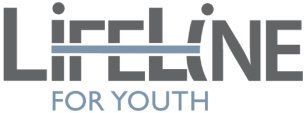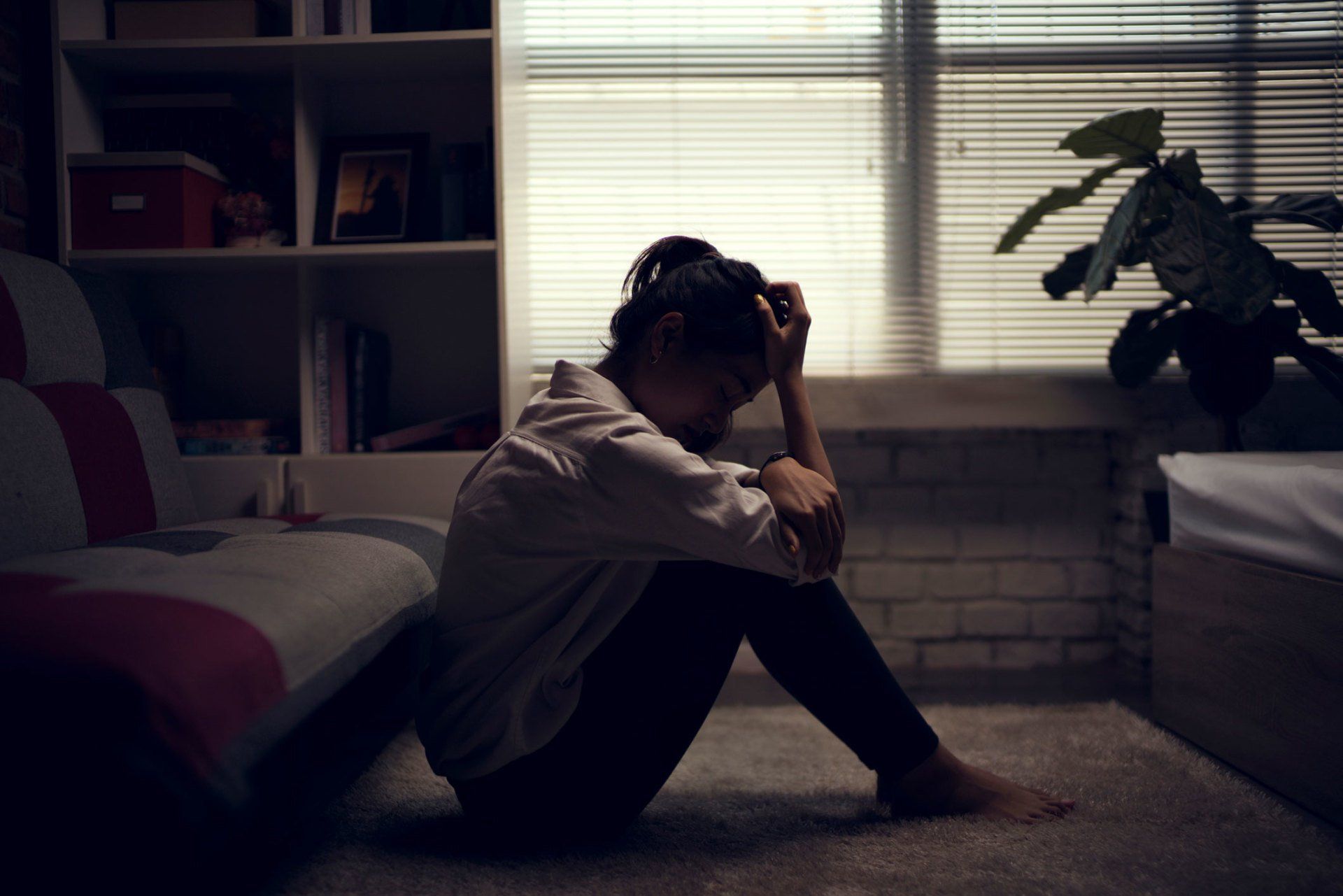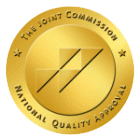Sexual Abuse Trauma Support and Therapy for Teens
Teens who experience sexual abuse
are more likely to act out in harmful ways and may even further hurt themselves. In order to heal, sexual assault survivors need professional help to understand and process what has happened to them.
Contact LifeLine for Youth
to help teen survivors of sexual abuse. We serve teens from Utah, Colorado, Idaho, and Wyoming.
Get Help for Your Teen
Teens can react to sexual trauma in dangerous ways. If your child has been abused or assaulted, you may notice that he or she might:
- Have trouble sleeping
- Seem distracted at unusual times
- Drastically change their eating habits
- Exhibit sudden mood swings
- Develop and show self-hatred, especially towards their body
- Injure themselves through cutting or burning
- Abuse drugs and alcohol
- Become sexually promiscuous
- Struggle with depression, anxiety, and suicidal tendencies
- Runaway from home
If your teen exhibits these symptoms, it does not necessarily mean that sexual abuse is the cause. However, regardless of the reason for these behaviors, you should still seek help for your youth.
When you contact LifeLine for Youth, we’ll give your teen a thorough assessment to understand what’s causing these behaviors. Once we understand your teen’s situation, we’ll recommend an individualized course of action supported by evidence-based research and 27 years of experience. LifeLine for Youth may be a great way to provide sexual abuse trauma support, but it isn’t a good fit for every teen. Even if our admissions counselor doesn’t think we can help, we’ll recommend someone who can.
If your teen is admitted to LifeLine for Youth, we’ll provide family-involved support, recreation, and education to help your teen heal from what someone else did to him or her. You can learn more on our program page.
Reach Out to Us
If you think that your teen could benefit from sexual abuse trauma support from LifeLine for Youth, please contact or if you’d like to get in touch electronically, feel free to fill out our online contact form—we’ll get back to you as quickly as we can. LifeLine for Youth is here to help.


